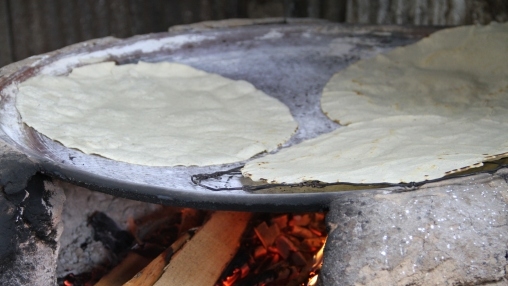Mexico lives on tortillas. Tortillas are made of corn. And with the price of corn and other basic foods rising on a global scale, the country has to find ways to deal with the uncertainties generated by volatile markets and weather conditions.
As the second largest corn importer in the world Mexico has to monitor the markets, but also natural events such as the drought in the United States, considered to be the worst in over 50 years. Only 31% of the corn crop in the US is in good shape, according to the country’s Department of Agriculture.
However, with Argentina and Brazil increasing production (and exports), it is too early to say if the drought in the US will be the beginning of another “Tortilla crisis” like in 2007.
Svetlana Edmeades, World Bank Agricultural Eonomist, says that given the context of market instability and natural phenomena, increasing agricultural productivity and other proactive, long-term approaches should be favored, because food price volatility is “here to stay”.
In order to support poor people facing price fluctuations, the Mexican government uses conditional cash transfer programs like Oportunidades. It is also actively subsidizing produce though programs like “Agriculture by Contracts”, amongst others.

